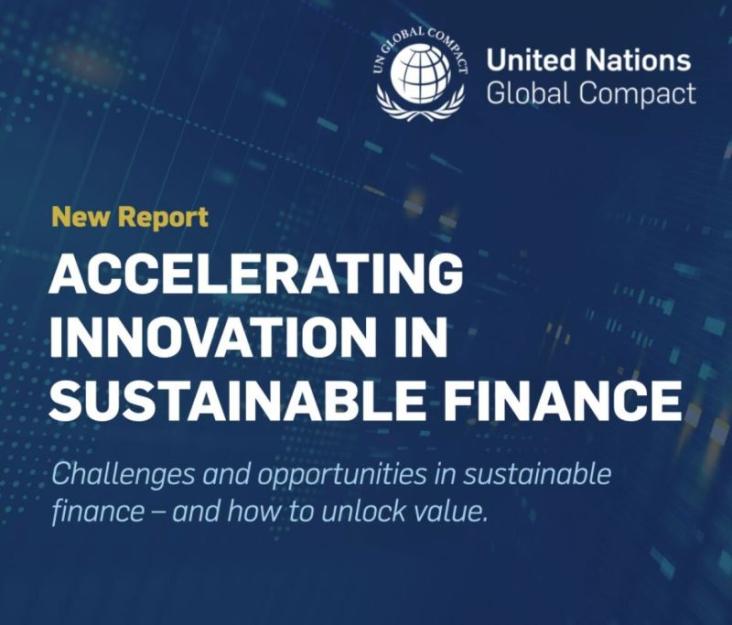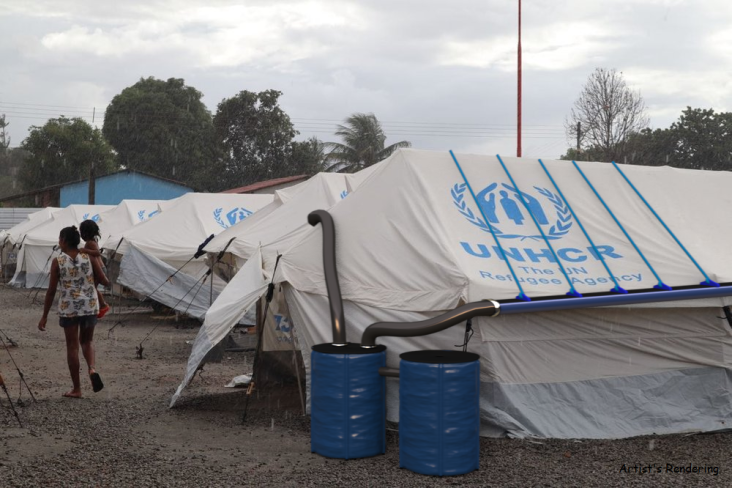Advanced Technologies in Wastewater Treatment: Waste Water Treatment of Leather Industry, 2025, Pages 63-92
Low Cost Water and Wastewater Treatment Systems: Conventional and Recent Advances, 2025, Pages 41-69
This chapter aligns with UN SDG Goals 6, 9 and 12 by exploring phytoremediation as a sustainable technique for treating contaminated freshwater resources, thereby addressing pollution and promoting the safe use of water in agriculture and households.
This research introduces APAH, an innovative IoT-based autonomous real-time monitoring system designed for industrial wastewater management, particularly in developing countries like India. By integrating multi-parameter sensors and advanced technologies such as machine learning, APAH continuously tracks key water quality metrics and enables timely interventions through automated controls and alerts, demonstrating significant improvements in water quality at industrial treatment plants in Maharashtra.

In this round up of 2024, we share the Special Collections published on the SDG Resource Centre throughout the year, featuring more than 800 research articles and book chapters made freely available to advance knowledge and accelerate the achievement of the United Nations Sustainable Development Goals by 2030.

The UNGC's latest report on “Accelerating Innovation in Sustainable Finance” offers models for businesses on how to deliver financial returns and positive global impact – together.

The 2024 winners of the RELX Environmental Challenge, which supports innovative solutions to advance SDG 6 Clean water and sanitation, have been announced.
